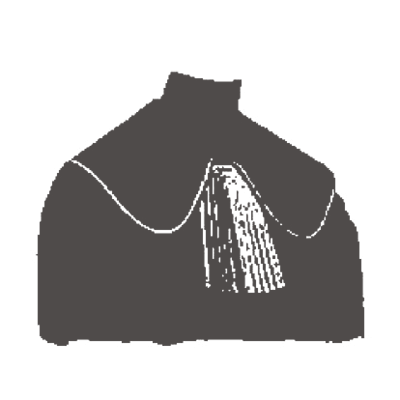New waste storage requirements
At the beginning of 2021, the Regulation of the Minister of Climate of 11 September 2020 on Detailed Requirements for Waste Storage will come into force. The aim of the regulation is to establish uniform standards for waste storage and thus limit the negative impact of this activity on the environment.

What will be the fate of applications for building permits prepared under the old energy-efficiency standards?
All buildings designed and executed in Poland on or after 31 December 2020 will have to meet stricter standards for consumption of non-renewable primary energy and the U-factor for heat flow. This change implements into the Polish legal system EU regulations adopted in 2010. It might seem investors have had a long time to prepare for the new energy-efficiency standards. But many of them are still waiting for consideration of applications filed under the existing standards, and their applications may not be decided before the more stringent standards enter into force. This raises the question of how those pending applications will be decided.

Amendments to the Inheritance and Gift Tax Act
The set of parties who can benefit from inheritance and gift tax exemptions will expand. The exemption will now apply to persons who are or have been in a foster family, a family-style children’s home, a care and educational institution, or a regional care and therapeutic institution, as well as persons forming a foster family, running a family-style children’s home, or working with children in a care and educational institution or a regional care and therapeutic institution.

Abusive clauses under the new Public Procurement Law
Poland’s new Public Procurement Law, which enters into force on 1 January 2021, identifies a set of clauses that cannot be included in public contracts. Will Art. 433 of the new act be regarded as a catalogue of abusive clauses? What types of provisions will be prohibited?

Control of certain investments: new protective provisions
On 19 June 2020, the Parliament adopted “Shield 4.0,” new law of great importance for M&A practice. Shield 4.0 amends the Act on Control of Certain Investments of 24 July 2015 and enters into force on 24 July 2020.

IP courts: Cancellation of trademarks and industrial designs not only before the Patent Office
In our latest article on intellectual property courts, we discuss the provision enabling defendants to assert claims in their defence against claims of infringement of trademarks and industrial designs. Currently, it is possible to file a counterclaim seeking invalidation or revocation only in the case of EU trademarks (Regulation (EU) 2017/1001) and Community designs (Regulation (EC) 6/2002). This will change from 1 July 2002, when defendants will be allowed to file such counterclaims also in proceedings in Poland involving national IP rights.

IP courts: Change in regulations on information claims from 1 July 2020
In our series of articles on IP courts, we cover the key changes under the amendment to the Civil Procedure Code in cases involving protection of intellectual property. We previously wrote about introduction of the new separate procedure and on applications to preserve, present and disclose evidence. Now we analyse the most important changes involving information claims.

IP courts: Will it be easier to prove infringements?
As we recently discussed, on 1 July 2020 provisions introducing a new type of separate procedure in intellectual property cases will enter into force, as well as new institutions designed to strengthen the protection of IP rights and harmonise the provisions implementing the IP Enforcement Directive (2004/48/EC), which have been dispersed around several different acts of Polish law. Among other things, this will change the rules for preserving evidence of infringement. It will also be possible to demand that evidence be produced or turned over.

IP courts: Changes in proceedings for protection of intellectual property
The latest amendment to the Civil Procedure Code enters into force on 1 July 2020, aimed at creating specialised courts handling intellectual property matters.

Changes in taxpayers’ dealings with the tax authorities and administrative courts: Shield 3.0
Many changes affecting taxpayers’ relations with tax authorities and the administrative courts have been introduced as part of the rollout of successive versions of the Anti-Crisis Shield. Under Shield 3.0, which entered into force on 16 May 2020, taxpayers, tax authorities and the administrative courts are emerging from hibernation.

Can a business be a consumer? Yes, from 1 June 2020
From 1 June 2020 the regulations on prohibited contractual provisions (abusive clauses), so far applicable only to consumers, will in certain situations also apply to sole traders. This change will generate many practical problems.

Contractual advantage: Examples of potentially prohibited practices
A new regulation, Art. 385(5) of the Civil Code, enters into force on 1 June 2020. It expands the application of provisions on abusive clauses to cover sole traders. This provision may have repercussions under the Contractual Advantage Act. The competition authority may treat the use of abusive clauses by an entity holding a contractual advantage in contracts with sole traders as abuse of a contractual advantage.
